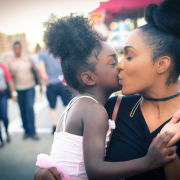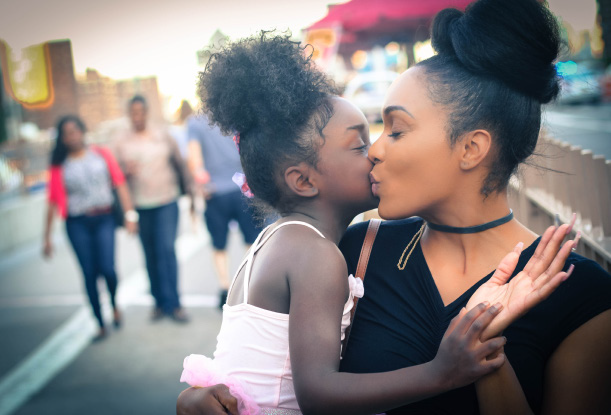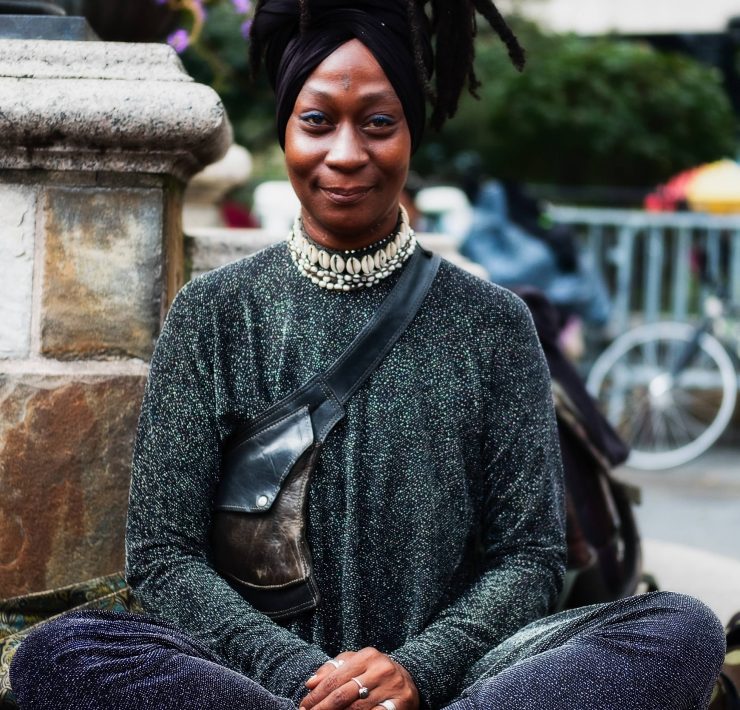
John Wills Njoroge is a psychotherapist and social diagnostician who…
Adults dread relationships full of turmoil and chaos because a broken heart is not easy to fix. Adults have a deep need to be supported socially and in their occupation as a way of remaining connected to a community. That is why many by the end of the week proclaim “TGIF… Thank God it’s Friday”. This is because we desire to find rest and enjoy human connection as a priority of the things that matter most to us. This state of affairs is the same with teens and children in our families for what matters most to them is the presence or absence of those in their environments. They have a way of evaluating whether we are stable enough to connect at the place of compassion where we co-exist with them in a way that brings satisfaction. When we listen to their deepest concerns as adults who can feel, this brings them to rest and deepens their assurance that care is possible and discipline is love. Every teen hopes that their aspirations expressed to us are as valid as those of individuals that we verbally respect and honor. They want to attain everything we voice as the highest social “achievements” we paint in their minds. These adolescents are rational and can genuinely assess whether we are sincerely committed to their well-being as caregivers or just trying to manipulate our way or get them out of our way.
Most of the time teens are under our social cloud of “correction” in our families, schools, and communities. This approach where we are overly critical can overwhelm them and nurture insecurities that influence their worldview. We can all agree that adolescence is one of the best stages in life as identity starts to create meaning. Conceivably our materialistic toxic culture hasn’t made it easy for those in that stage of life as demands mount every single day. The majority of our adolescents would want to be comfortable enough to let that emotional liveliness flow in our presence, but we may not have a culture that compassionately calls the “good ones” instead of “trouble makers”. For every teenager we label as rebellious, there is a tragic untold history of how they got there, and their behavior is a response to our way of life as a society. Our attitude towards them and their peers ends up robbing us of the very thing that we hunger for as adults. If we focus on influencing our adolescents to live better and excel in their capacity to clarify situations and live with others successfully, we will be building human connection and social support aptitudes.
In the intervention process of preventing any form of misbehavior, we knowingly or unknowingly express our deepest fears in form of anger outbursts, invalidating sentiments, and silent treatment. This makes adolescents self-doubt and even though it is beneficial for a child or an adult to feel bad when expecting a conflict that would lead to a loss of relationship with their caregiver, it is significantly important for us as adults to understand that we have no room to break their self-esteem or ever manipulate their conscience for our satisfaction. We must never intentionally make a child feel bad, guilty, or ashamed to get him to behave well and be acceptable to us. When we control or intimidate our children’s consciences, this births another problem that arouses deep anxieties in the child and therefore enables them to build walls to shut us out it for fear of being hurt by our rejection. This approach of using negative attributes as a way of caution has dire consequences that are not worth looking forward to. We must realize that hostility has never yielded any short-term gains in behavioral goals among teenagers.

Most parents get traumatized by their teen’s behavioral fluctuations that emerge when their children’s peers become more important and a source of validation than their parents, relatives, and teachers. I hear parents say “I am losing my child” to their peers and I must do something about it. Some parents will attack the relationships by speaking ill of the teen’s peers, their parents, or even where they come from. This can be counterproductive as teens retaliate to affirm their invalidated decisions by adults. This is where threats are so real and because of our misunderstanding of this particular age group, they have major gaps that we don’t comprehend, therefore we lean towards the worst and fear invades hearts and minds like consistent missiles. We need to understand that, teens as well as parents struggle with fear of being left out, losing their peers, and a strong hunger to belong. Therefore, fear of what separates peers is the same as that which parents dread when they are alienated by their family members or workmates. The difference is the adult’s emotional intelligence to process the pain and loss of what has taken place is not as turbulent as that of adolescence.
Some parents will interpret their child’s orientation to their peers as rejection and others will demand emotional care from their children by saying “Why do you always make me sad?”. A teenager once told me “I don’t like the way my parent keeps on telling me that I am the source of all their troubles”. We need to give room as adults to the reality that, when a teen tries to find approval from peers instead of parents, the inspiration to be good for the parents drops significantly as their validation gains meaning among their peers. That is why a community approach to meeting individual needs is of great importance during our children’s adolescent years. This is because, if the values of our adolescents’ peers contrast with those practiced and communicated by the parents, the adolescent’s behavior will also change for that reason. This drastic change in the adolescent’s behavior discloses to the parent that the family values had never been truly internalized. This is where authenticity and denial conflict because we get to realize that our adolescents performed our values mostly as mechanisms of finding favor. We must not entertain any thought of leaving any adolescent behind in our interventions because in their old age they will have to deal with those who were neglected by us adults.
Subscribe now for updates from Msingi Afrika Magazine!
Receive notifications about new issues, products and offers.
What's Your Reaction?
 PIN IT
PIN ITJohn Wills Njoroge is a psychotherapist and social diagnostician who assists individuals and teams clarify their purpose in life and create a philosophy of their existence and work. He is co-founder of Lead Global Impact, an organization that builds the leadership capacity of primary and high school children and youth in Kenya. He is the author of ‘Father to Son’, a manual designed for fathers to better understand their sons and relate more effectively with them, and ‘Brave Hearts Leadership Program’ a manual that has been used widely to train boys as responsible leaders. Among many other leadership roles, he is consulted and contributes to shaping narratives on youth matters and social justice in Kenya’s mainstream media.





















